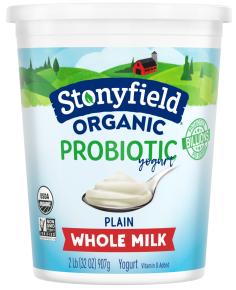Keeping a well-stocked pantry is a great way to ensure there is plenty of good food ready to cook.
Toss out any refined, presweetened foods made with white flour, recommends Andrew Weil, MD, and replace them with high-fiber cereal and whole-grain breads.
Instead of instant mixes and soups (high in sodium), choose dried adzuki beans and lentils that cook up quickly, plus low-sodium chicken and vegetable stock.
Replace instant drink mixes with a variety of healing teas and juice concentrates.
Foods That Keep Well in The Pantry
Even if the power goes out, the following will keep for months in a cool, dry pantry:
- Boxed nut or rice milk, soymilk, or dried nonfat milk, preferably organic
- Canned salmon, sardines, tuna
- Crackers (whole grain), which keep longer than bread
- Dried egg powder, mushrooms, and fruits
- Freeze-dried fruits and veggies
- Long-storage produce: apples, garlic, lemons, nuts in the shell, onions, potatoes, sweet potatoes, turnips
- Nut butters, preferably organic
- Olive oil (extra-virgin, preferably organic)
- Pasta, preferably rice or whole grain
- Water (two gallons per day per person)
- Whole grains: oats, quinoa, rice, and wheat
Slowly build up the nonperishable food in your house, suggests Kathleen Johnson, MS, RD.
To save money, shop the specials at your favorite natural products store. “Mark the date of purchase on containers and use the oldest items first,” Johnson adds.
Food Safety
Foods stored in plastic tend to have a shorter shelf life than those in glass. “This occurs partly because plastic is permeable to gases and allows oxygen to seep through over time,” says Betty Kamen, PhD.
Certain spices help preserve foods, so check herbs and spices for freshness and restock at least annually. The natural antioxidants in turmeric keep dill pickles fresh, while cinnamon, garlic, oregano, and thyme help fight harmful bacteria in food



